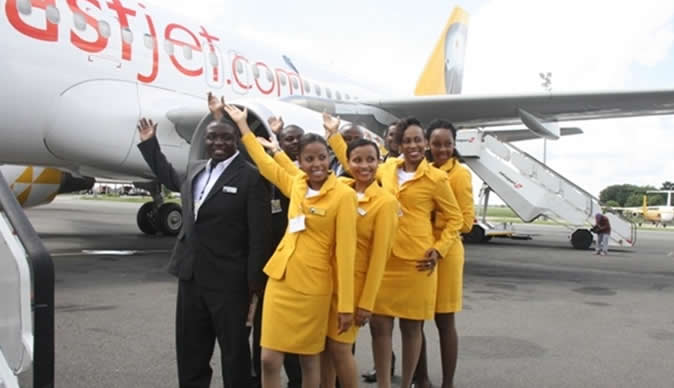100 SMEs formalise operations every month
BULAWAYO is recording about 100 Small and Medium Enterprises (MSMEs) per month who are formalising their operations as the sector is fast embracing the formalisation drive in response to improved Government support.
In line with the Second Republic’s inclusive economic development thrust, unlocking the potential of MSMEs is critical to building a solid economic base, leading to the attainment of an upper-middle-income society by 2023.
Estimates indicate that close to 80 percent of the working population in Africa is employed in the informal sector with the Zimbabwean economy now 70 percent informal.
This makes enhancing support for the sector a top priority as Zimbabwe moves the economy up the value chain.
The sector’s contribution is being felt mainly in food and nutrition security, economic growth, and stability through the production of goods and services, employment creation, and the sustenance of livelihoods.
Bulawayo Chamber of Small and Medium Enterprises (SMEs) coordinator Mr Nketa Mangoye Dlamini told Business Chronicle that sector members are warming up to the call for formalisation.
He said there was a misconception that paying operating licences to local authorities entails full formalisation. However, he indicated that members are now realising the benefits of registering with other relevant bodies.
“I have been doing my small research in Bulawayo and on average, we can have about 100 entities formalising per month. When we define the formalisation, we say an entity has to be formally registered with the company and deeds office and we encourage that.
“When we say our members are formalised, he or she must have a company registration, be recognised by the Zimbabwe Revenue Authority (Zimra), known by National Social Security Authority (NSSA) and Procurement Regulatory Authority so that they can access tenders and market opportunities,” he said.
National Security Authority(NSSA)
According to the Economic Growth and Stabilisation Report for Bulawayo Metropolitan Province, about 42 companies have formalised from a target of 50 companies.
However, Mr Dlamini said there is a need to streamline the registration process and create a one-stop facility.
“We are advocating for a one-stop registration facility where every relevant office will be there such that if one registers with the local authority they automatically activate other organisations,” he said.
According to National Financial Inclusion Strategy II, as presented in the 2023 National Budget statement, SMEs continue to formalise with medium enterprises growing from 36 percent by 2021 to 100 percent by 2022 while small enterprises grew from 37 to 42 percent with micro-enterprises increasing from 25 to 29 percent while individual enterprises remain stagnant at 10 percent.
In 2021, the Government came up with the formalisation strategy which was meant to promote the formalisation of SMEs after realising that the sector is contributing positively towards economic growth through employment creation and the provision of different goods and services.
Awareness campaigns have been done and the line ministry which is the Minister of Women Affairs, Community, Small and Medium Enterprises Development has been working around the clock to promote formalisation. — -chronicle










